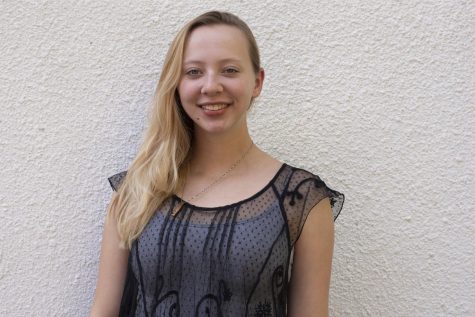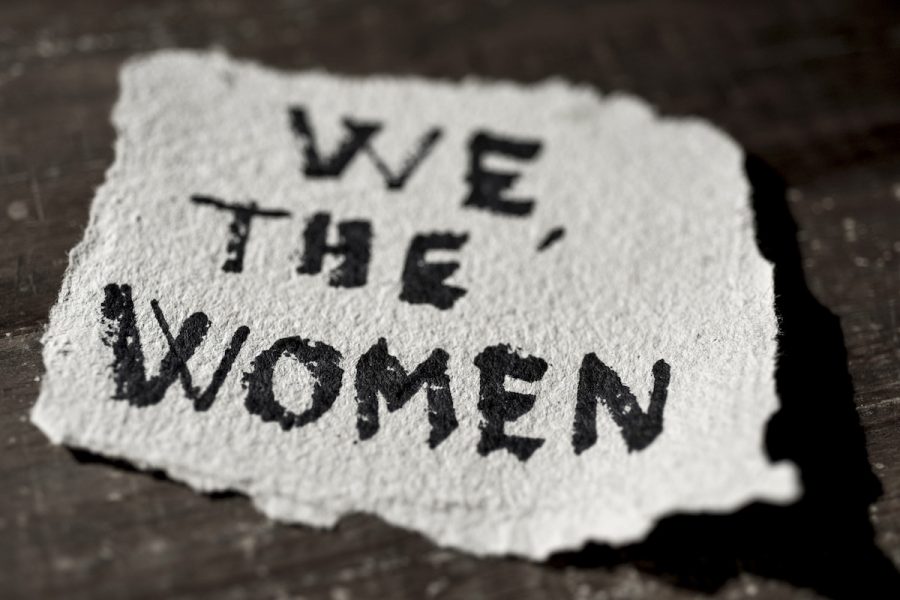Midterms mark small victory for women
This year’s elections bring many firsts for women in office
Photo by Can Stock Photo
Let’s talk about influential women.
There are the names we all know — Rosa Parks, Ruth Bader Ginsburg, Susan B. Anthony — but what about the newer names and faces on the “Woman Power” scene?
With this year’s midterm elections came a new wave of female politicians who deserve our attention.
Four hundred and seventy-two women ran for positions in the House of Representatives this year, according to an article in The New Yorker.
According to CNN, a record number of women won seats in the House following the Nov. 6 midterm elections. 100 women were projected to win seats in the House, beating the previous record of 85. This is still a minority in the House as a whole, but it is an improvement, nonetheless.
Sharice Davids (D) and Deb Haaland (D) have become the first Native American women to be elected to Congress. According to CNN, Davids also identifies as a lesbian, making her the first openly LGBTQ member of Congress from Kansas as well.
Rashida Tlaib (D) and Ilhan Omar (D) have become the first Muslim women to be awarded seats in Congress. Omar, Congress’s first Somali-American member, came to the United States as a refugee more than two decades ago, CNN said.
Tennessee elected its first female senator: Marsha Blackburn (R). Kyrsten Sinema (D) has been elected as Arizona’s first female senator. Texas has elected its first two Hispanic women, Veronica Escobar (D) and Sylvia Garcia (D), to Congress. And finally, South Dakota has elected its first female governor: Kristi Noem (R).
This is what progress looks like. Women are still a marginalized group in American politics — as are racial minorities and members of the LGBTQ community — but this year’s elections have allowed for women to raise their voices at least a little bit higher amongst the shouting of middle-aged, white men — including President Donald Trump.
“The majority of female candidates in 2018 are Democrats,” according to an article in The New Yorker. “So it seems safe to conclude that many of them are fuelled by frustration, not to say fury, with Donald Trump.”
In the “Trump Era” of U.S. politics, I find it easy to lose myself in the screaming matches between the right and the left. Who is correct? Who knows best? What is most important for our country right now?
Regardless of what either side might say, one of the most valuable assets of modern democracy is diversity. The more women we elect to office, the more women will be heard. The more people of color we elect to office, the more people of color will have a voice. The more members of the LGBTQ community we elect to office, the more these people will feel accepted and understood in the U.S.
I am proud of the progress U.S. voters made this midterm election. At a time when so many things might feel bleak and unfair, it’s encouraging to see how people are embracing and accepting change.
So here’s what I have to say to my fellow women out there: It is possible. It’s possible to have a voice, to incite change and to be a “first.” It won’t be easy, nor will this change come quickly, but this year’s elections have only served to demonstrate the sheer tenacity, strength and perseverance of women, and anyone else who might feel unheard.
Fuerstenberg can be reached at [email protected].

Madeline Fuerstenberg is a fourth-year journalism student. This is her eighth semester on The Spectator staff and she’ll miss it with all her heart once she graduates (if she graduates).

